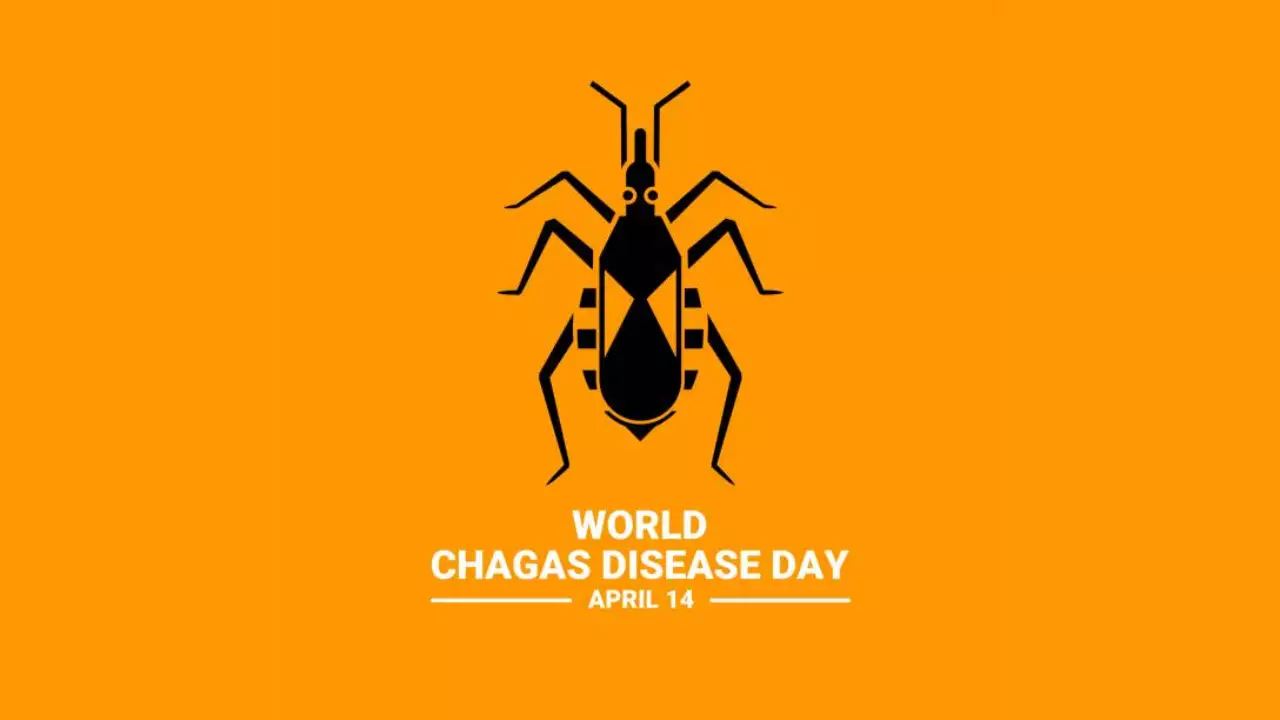Free Courses Sale ends Soon, Get It Now


Free Courses Sale ends Soon, Get It Now



Source: TimesofIndia
Disclaimer: Copyright infringement not intended.
Context
Details
About Chagas Disease
Symptoms of Chagas Disease:
Stages of Chagas Disease:
The disease progresses through two main stages:
Prevention and Control:
Epidemiology:
Diagnosis:
Treatment:
Global Initiatives:
Sources:
|
PRACTICE QUESTION Q. Chagas disease remains a significant public health concern, causing considerable suffering and mortality, particularly in endemic regions. Comment. (250 Words) |
© 2024 iasgyan. All right reserved